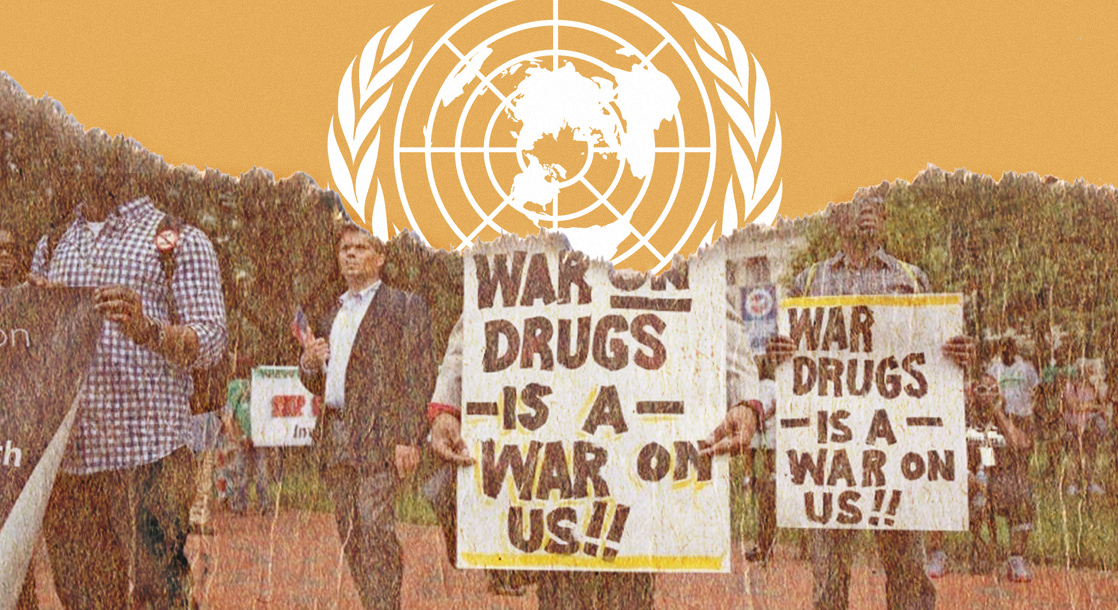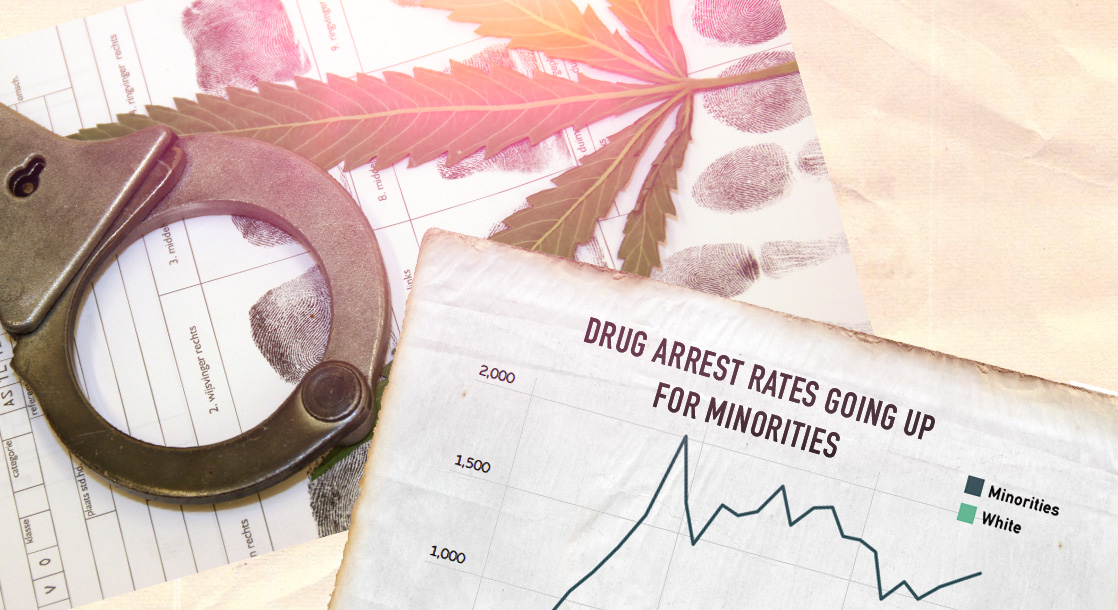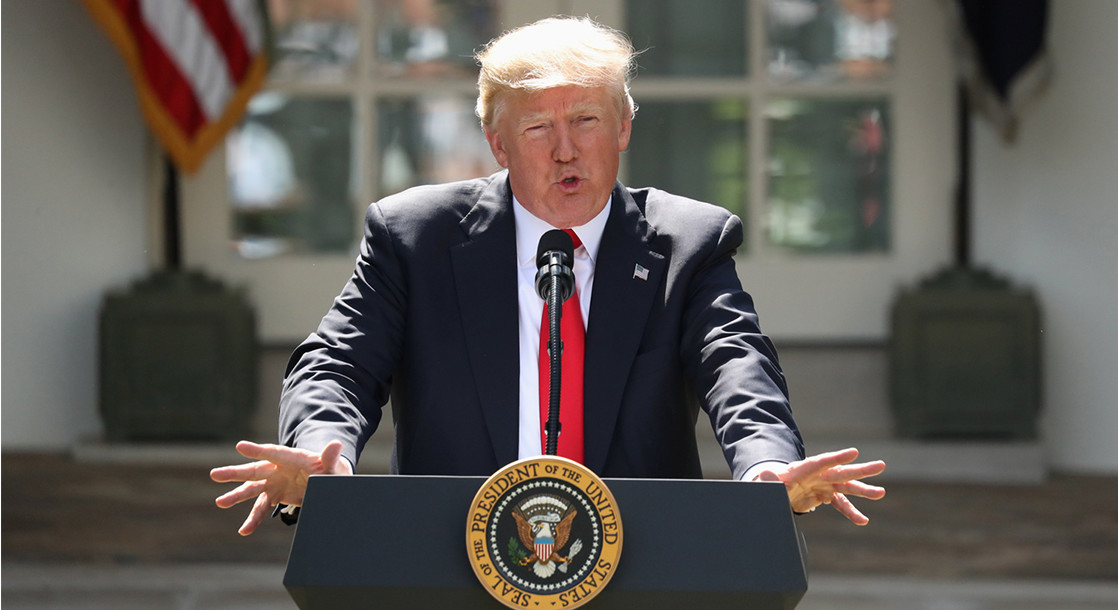The UN General Assembly has finally decided to convene for a special session to take a look at the world drug problem. With so much momentum in the push for cannabis legalization throughout the United States and the world, it is not surprising that, finally, large world organizations are starting to realize that there may be more to the global problem than just stopping people from “using and abusing”.
The special session took place last week and included debates on the issues of HIV/AIDS, medical and scientific uses of drugs, and the impact on youths, women, and children, just to name a few. They will also take into account different regional groups, Member States, non-governmental organizations, and the Commission on Narcotic Drugs.
Human Rights Watch has decided to write a series of articles discussing the failure of the War on Drugs in preparation of the UN session.
Diederik Lohman, the associate director of Health and Human Rights for Human Rights Watch, recently confronted the issue on the failed War on Drugs by looking at the mounting evidence against current practices that a “criminal law enforcement-based response” was doing more harm than the actual drugs in question.
While some of the Human Rights Watch articles take a closer look into the spread of disease with heavy drug use and the harsh treatment of users and patients, they also covered cannabis.
For example, they looked at an arid village in South Africa, Mkumbi, which is incredibly poor and has one truly flourishing crop: cannabis. “Dagga,” as it’s locally known, is illegal and the police are constantly making arrests and beating people for growing a plant that helps them survive their critical situation.
Another shocking situation they shed some light on is the plight in Tunisia, where about 70% of convicted drug-related offenses serving time in Tunisian prisons are cannabis related. And that’s about 5,200 people. Even with just a small amount of cannabis possession, thousands of lives are permanently altered.
The amount of lives around the world that are negatively affected due to the illegal status of cannabis seems to finally be having some serious impact on how global leaders are looking at the solution.
Hopefully, the UN will come up with a more realistic approach than jails and beating, but will that really mean anything to world governments? Only time will tell.











